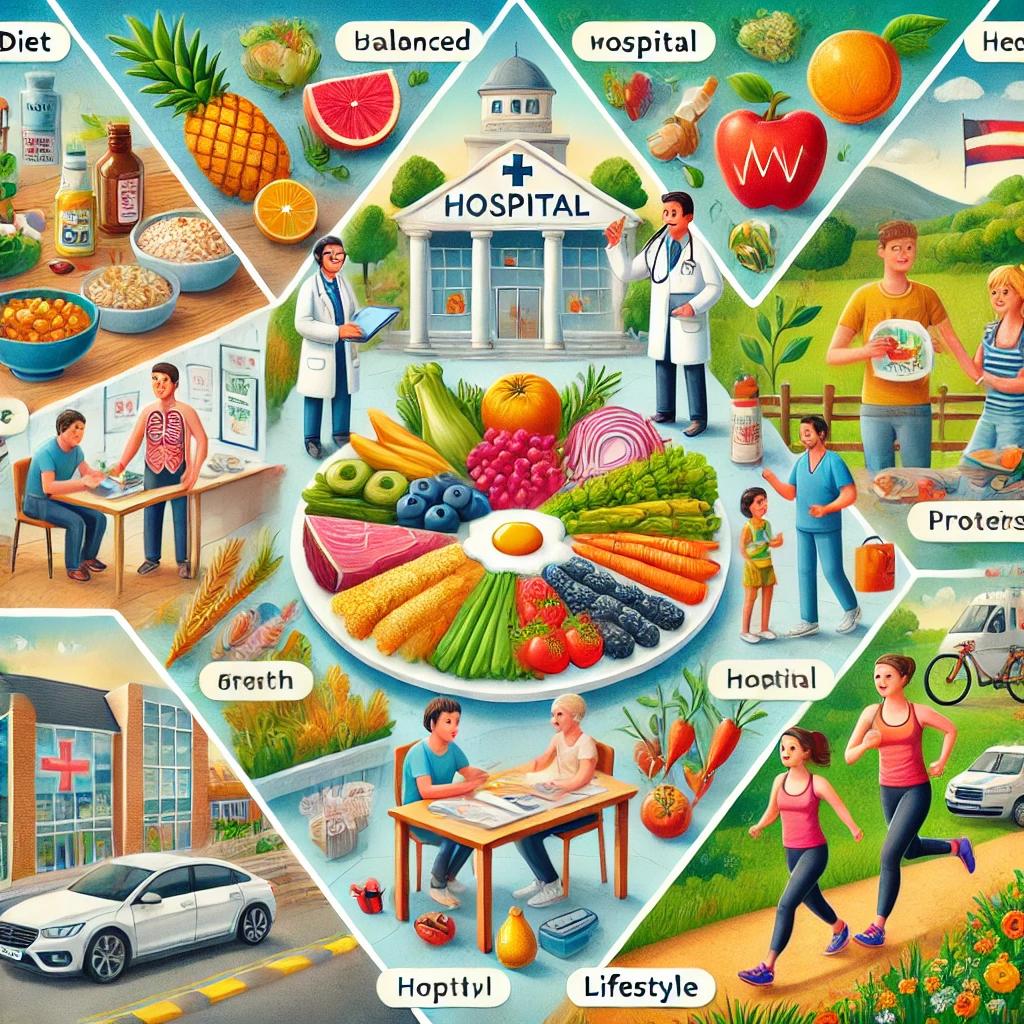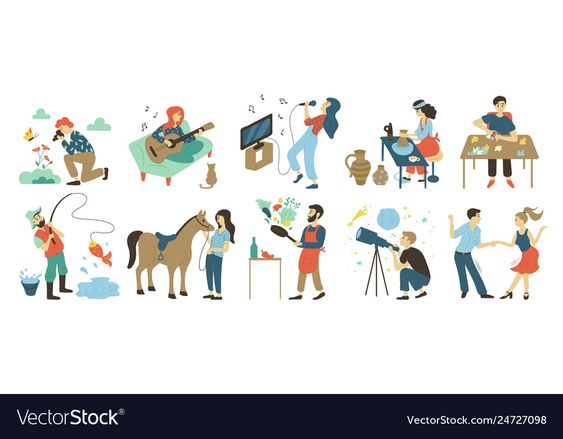
In the "World Cultures" unit, students will learn and explore the rich diversity of cultures around the globe. This unit will introduce students to various cultural aspects, including gestures, foods, traditional dress, symbols, rituals, and communication styles that make each culture unique. Through engaging activities and discussions, students will gain a deeper understanding and appreciation of how people in different parts of the world live, celebrate, and communicate. This knowledge will not only broaden their horizons but also foster a sense of global citizenship and empathy.

Course Objective:
This course aims to give students a comprehensive understanding of the travel and tourism industry. This includes exploring the various aspects of travel, from cultural and sociocultural impacts to sustainable practices. Students will engage with real-world scenarios, activate their prior knowledge of travel experiences, and gain insights into how global perspectives shape and shape travel.
This course aims to give students a comprehensive understanding of the travel and tourism industry. This includes exploring the various aspects of travel, from cultural and sociocultural impacts to sustainable practices. Students will engage with real-world scenarios, activate their prior knowledge of travel experiences, and gain insights into how global perspectives shape and shape travel.

In the Health and Wellbeing unit, the students will learn and explore essential vocabulary and knowledge related to health, nutrition, doctor visits, and common illnesses. They will also become familiar with pharmacy interactions and the process of prescribing medicine. Topics such as sleep, mental illness, health advice, vaccines, and different diets will be covered. Additionally, students will practice role-playing scenarios, such as doctor-patient interactions, to build their confidence in real-life health situations. Through this comprehensive approach, students will gain valuable skills for maintaining their own health and effectively navigating medical environments.
Course Objectives:
1. Introduce learners to the topic of food preferences and eating habits.
2. Familiarize learners with vocabulary related to types of food, meal times, and cooking methods.
3. Engage learners in casual conversations about food.
Learning Outcomes:
By the end of this course, you will be able to:
1. Identify and describe different types of food and cuisines.
2. Discuss meal times and cultural variations in eating habits.
3. Use appropriate vocabulary related to cooking methods and food preferences.
4. Engage in informal conversations about food choices and culinary experiences.
1. Introduce learners to the topic of food preferences and eating habits.
2. Familiarize learners with vocabulary related to types of food, meal times, and cooking methods.
3. Engage learners in casual conversations about food.
Learning Outcomes:
By the end of this course, you will be able to:
1. Identify and describe different types of food and cuisines.
2. Discuss meal times and cultural variations in eating habits.
3. Use appropriate vocabulary related to cooking methods and food preferences.
4. Engage in informal conversations about food choices and culinary experiences.
Evaluation Questionnaire: Quality of Dial@ngues Language Learning Paths
This questionnaire aims to gather your perception of the quality of the Dial@ngues language learning path you are currently following.
Please read each statement carefully and select the response that best reflects your level of agreement, using the scale below:
Scale of Agreement:
-
1 – Disagree Very Strongly
-
2 – Disagree Strongly
-
3 – Disagree
-
4 – Agree
-
5 – Agree Strongly
-
6 – Agree Very Strongly
Questionnaire link: https://forms.gle/WJBkyiwNnMGGULH27


